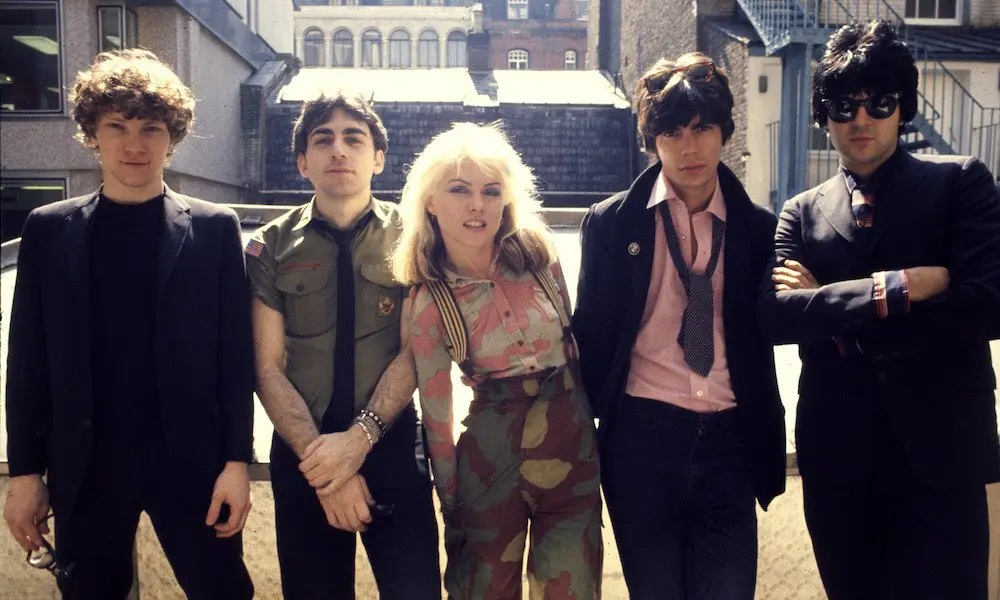Debbie Harry Reflects on Blondie's Future in the Wake of Clem Burke's Passing: A Call for Authenticity
Debbie Harry reflects on Clem Burke’s passing and the profound impact on Blondie, urging a return to music's raw authenticity.

In the world of music, where fleeting trends often overshadow genuine artistry, Debbie Harry’s reflections on Clem Burke’s passing serve as a poignant reminder of what the industry seems to have lost—a raw and unfiltered sincerity. Blondie, an emblem of punk’s unfettered spirit, now stands at a crucial juncture. With Burke's absence, Debbie Harry's admission that she can't envision herself on stage as Blondie underscores a deep sense of loss that feels all too rare in today’s manufactured music landscape.

Blondie was never just a band—it was a revolution cloaked in sound, a sonic rejection of the mundane and predictable. Their chemistry, marked by the intricate bond between Harry, Clem Burke, and Chris Stein, was an explosive force that drove their music. This wasn't simply a group of performers; it was a manifesto of resistance against the assembly-line approach that dominates modern music.

With the promise of a new album produced by John Congleton, Blondie faces an uncertain future. Listening to its songs will be much like tracing the echoes of a vibrant past now shadowed by silence. Harry's poignant reflection—"I ran into a wall"—captures the essence of a moment suspended between creation and cessation.
It prompts an uncomfortable question: In an era where playlists are curated by algorithms and artists are shaped by metrics, where is the room for the raw, imperfect humanity that Blondie embodied? Debbie’s search for clarity and authenticity highlights an urgent need for a return to the roots of musical rebellion.

From CBGB’s gritty floors to their resilient comeback in the late '90s, Blondie’s journey is a tapestry of unyielding spirit woven with punk’s raw fibers. In celebrating their legacy, we are starkly reminded that the true essence of music is found in its bold imperfections, not in its overproduced facades.
As fans grapple with the loss of Burke and the possibility of an era’s end, we’re left to wonder: Amid today’s polished veneers, who will carry the torch of genuine artistic audacity? Debbie Harry’s contemplation of Blondie’s future serves as both a challenge and an inspiration—a call to remember that real music isn’t just heard; it’s felt.




